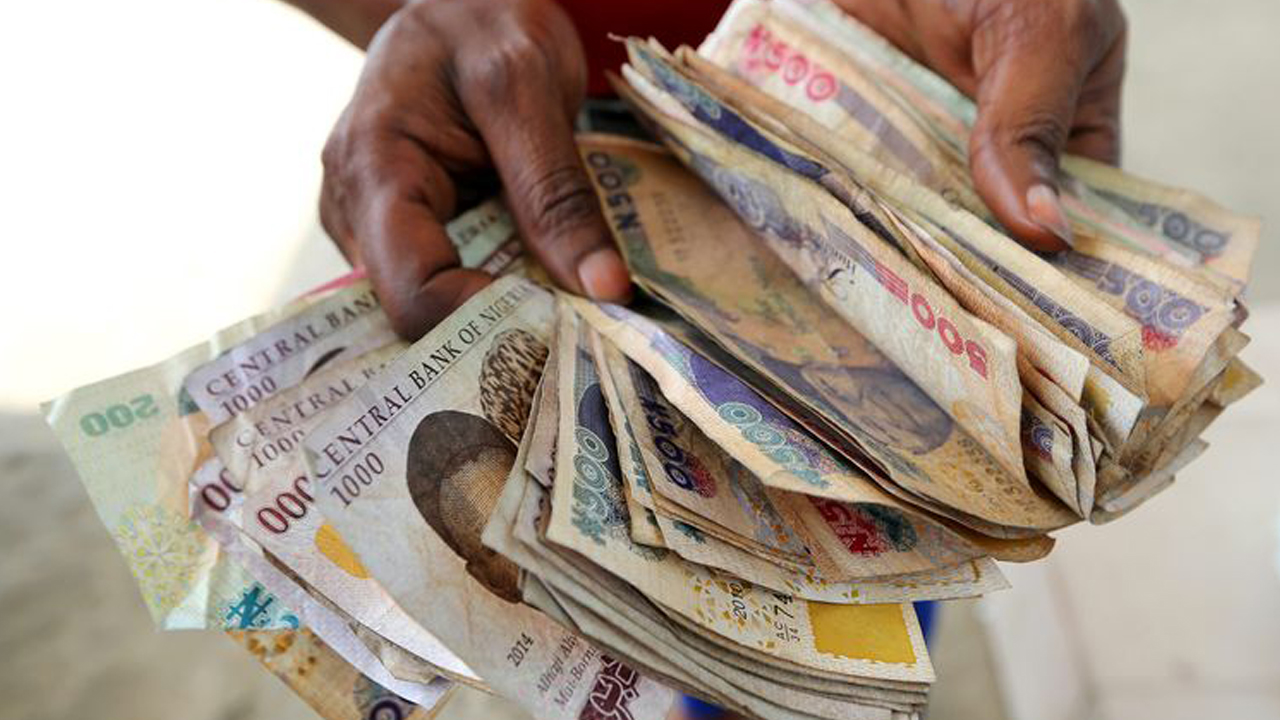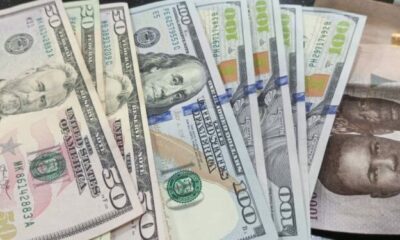Business
Naira crashes massively, sells for N905/$1 at black market

The Nigerian Naira underwent a significant and substantial decline in value, commonly referred to as a “crash,” in relation to the United States Dollar. This depreciation occurred in two distinct segments of the foreign exchange (FX) market: the Peer-to-Peer (P2P) market and the parallel market. The occurrence took place on a specific Tuesday and was primarily attributed to the aggravation of an existing shortage in the supply of foreign exchange (forex) within the Nigerian economy.
In the Peer-to-Peer (P2P) market, where individuals and entities directly exchange currencies, the Naira’s value diminished noticeably against the US Dollar. This depreciation was mirrored in the parallel market, which is an unofficial trading platform for currencies that often operates outside the official regulations and rates set by the central bank. The combined impact of these depreciations highlighted the strain caused by a deteriorating situation in which the availability of foreign currency, particularly the US Dollar, was inadequate to meet the demands of the market participants.
This depreciation was notably witnessed on a specific Tuesday, and its root cause was attributed to an ongoing scarcity of foreign exchange in the Nigerian economy. This scarcity is indicative of a larger economic issue, often characterized by imbalances between the demand for foreign currencies and the available supply. Factors contributing to this shortage could include a variety of economic conditions such as trade imbalances, reduced foreign investment, fluctuations in global oil prices (given Nigeria’s dependence on oil exports), or other economic uncertainties.
Overall, the Naira’s significant drop in value against the US Dollar, resulting in a “crash,” exemplified the challenges faced by the Nigerian economy in maintaining a stable foreign exchange market due to the persistently limited supply of forex in the given market segments.


















